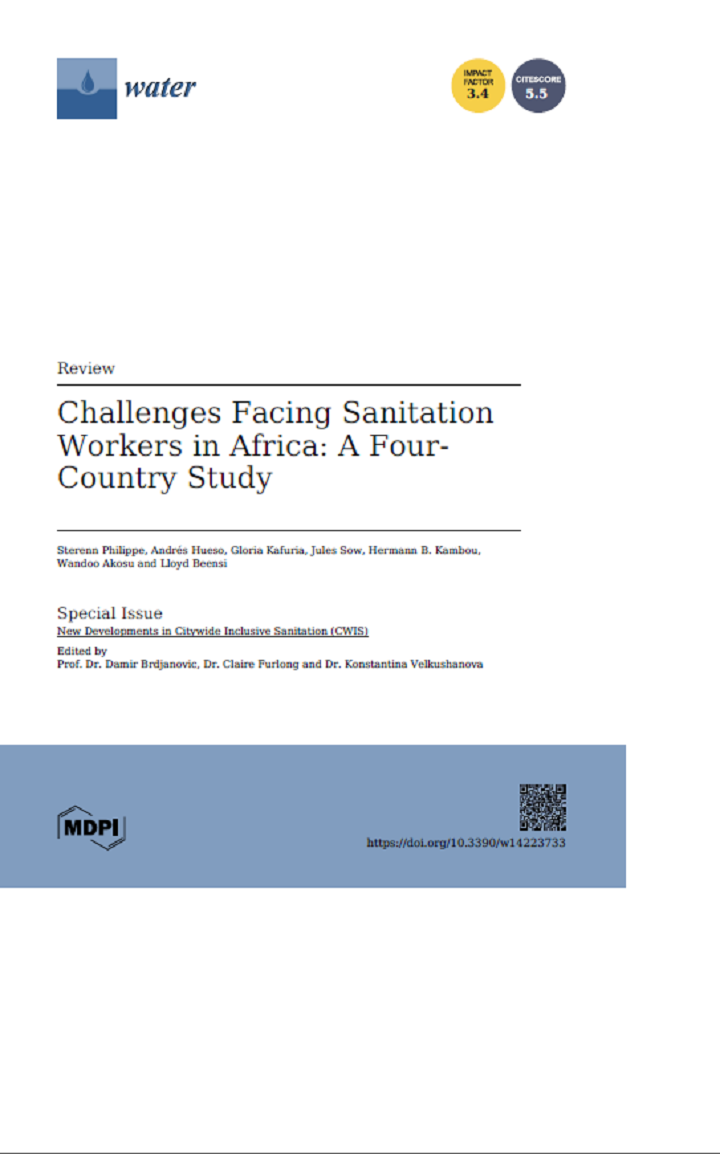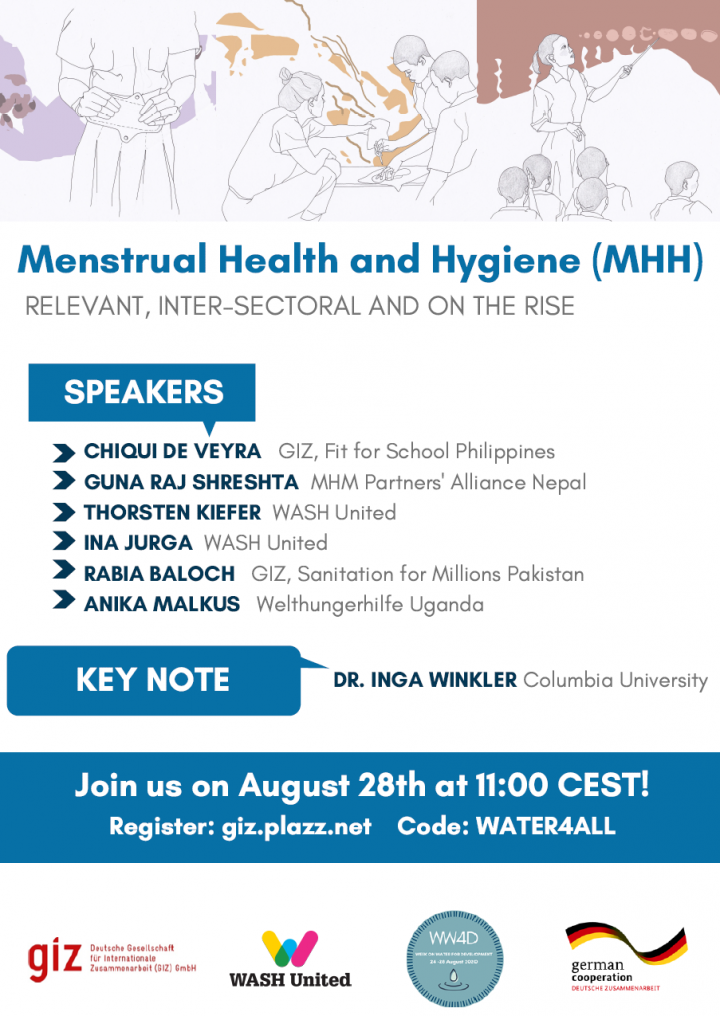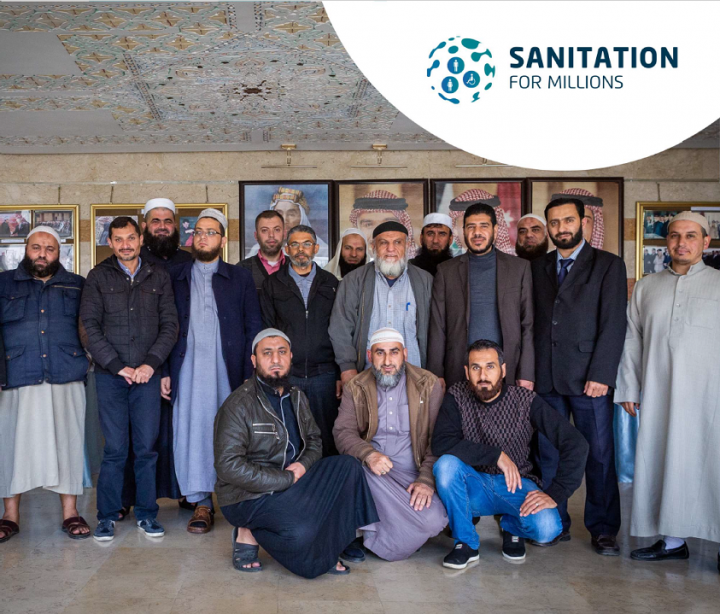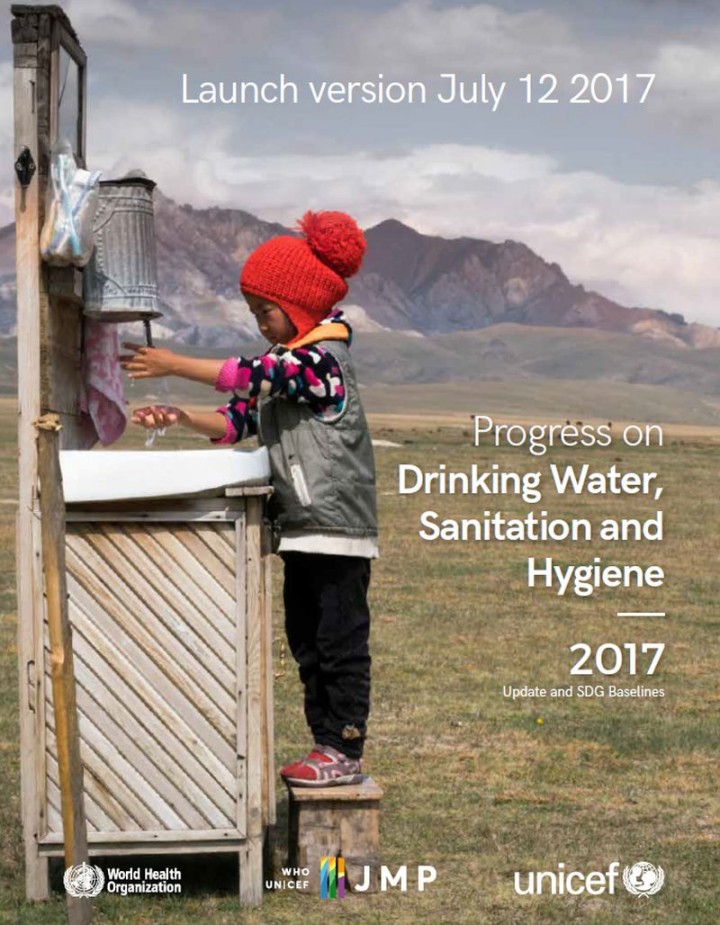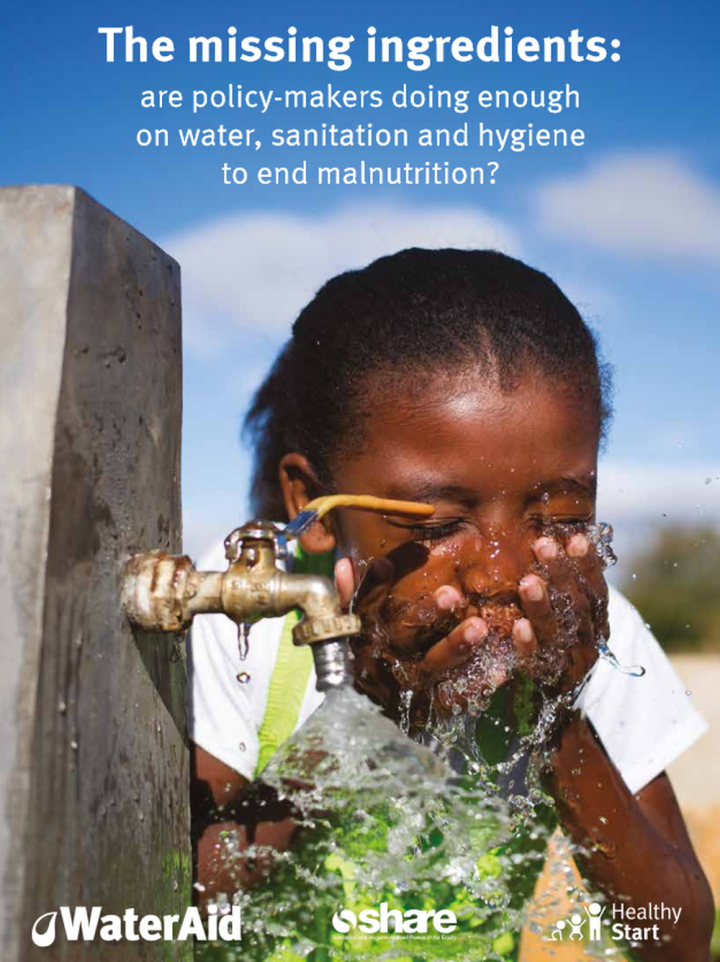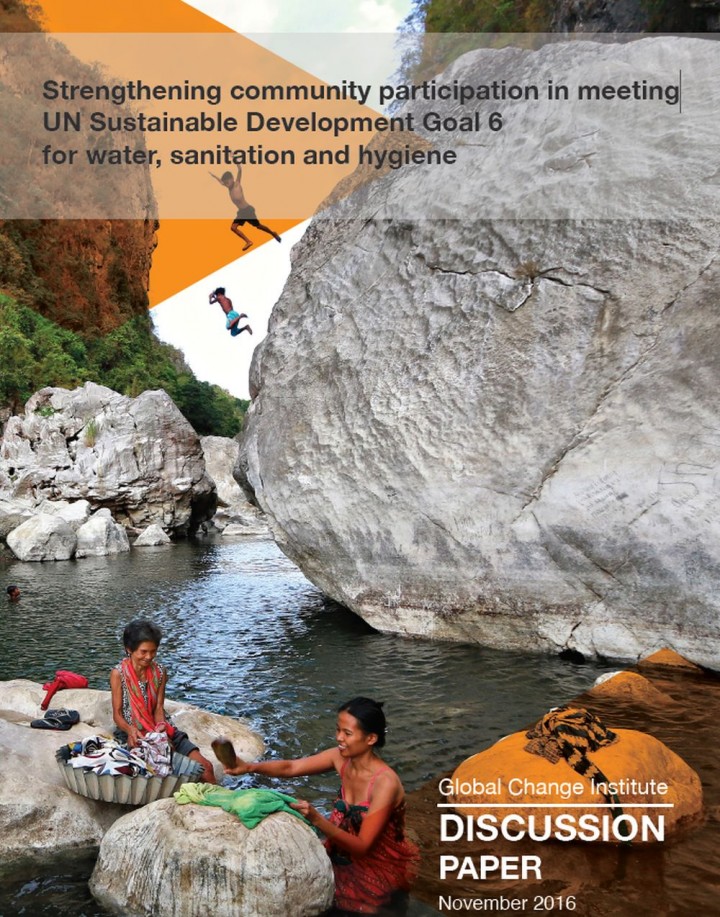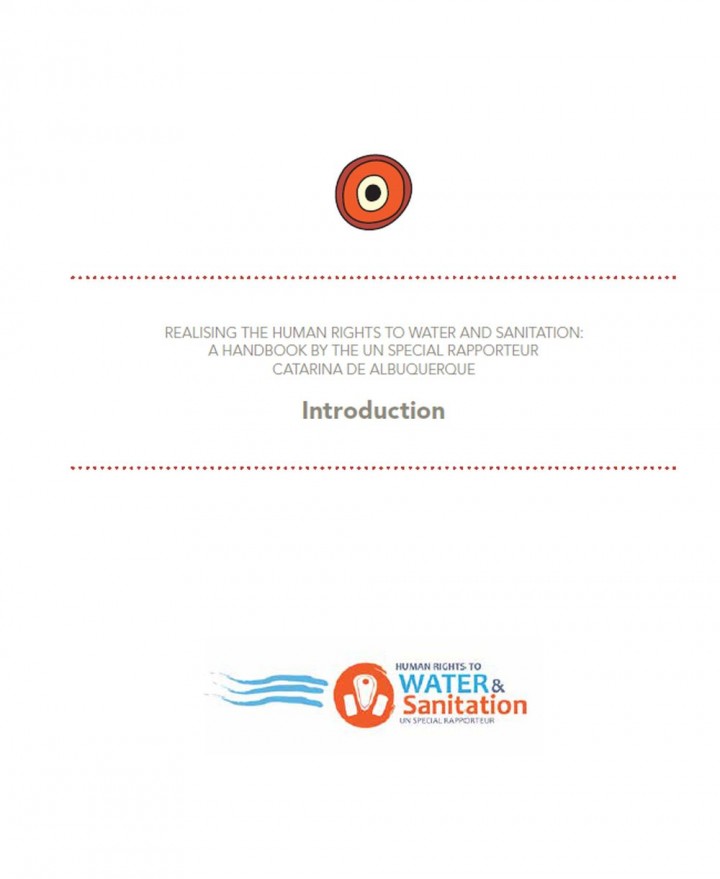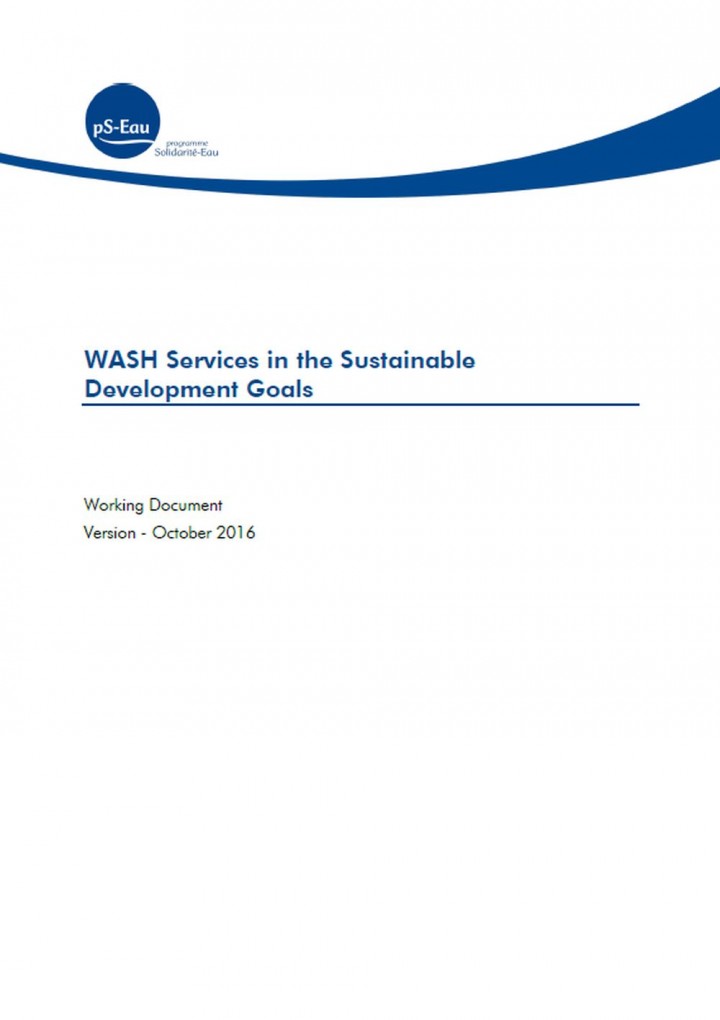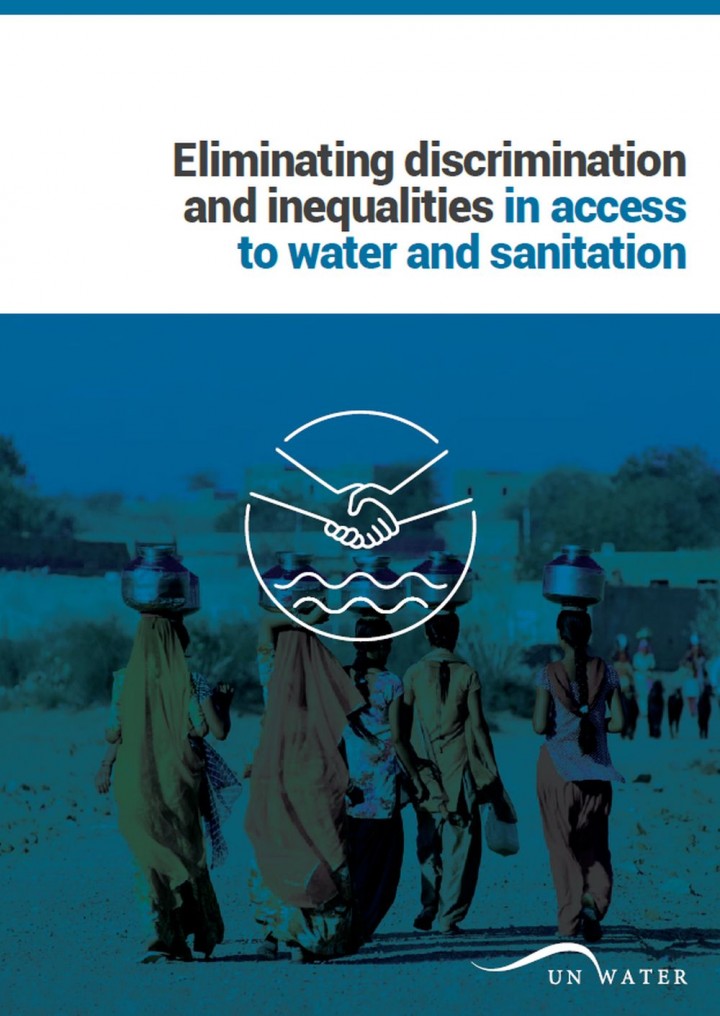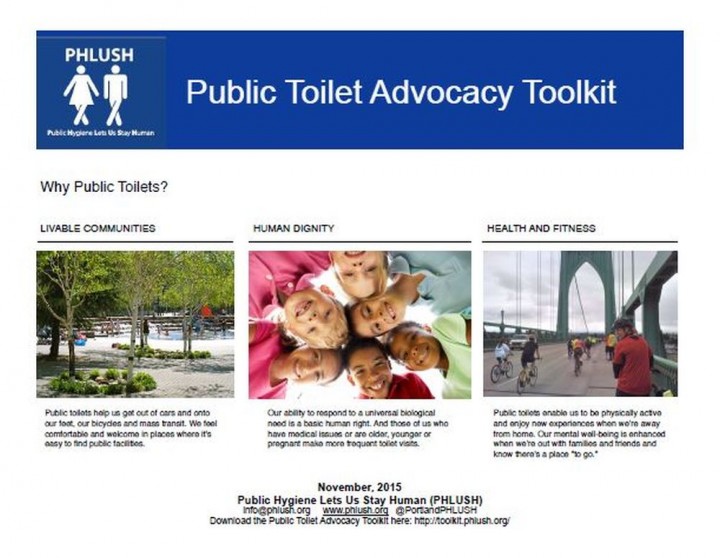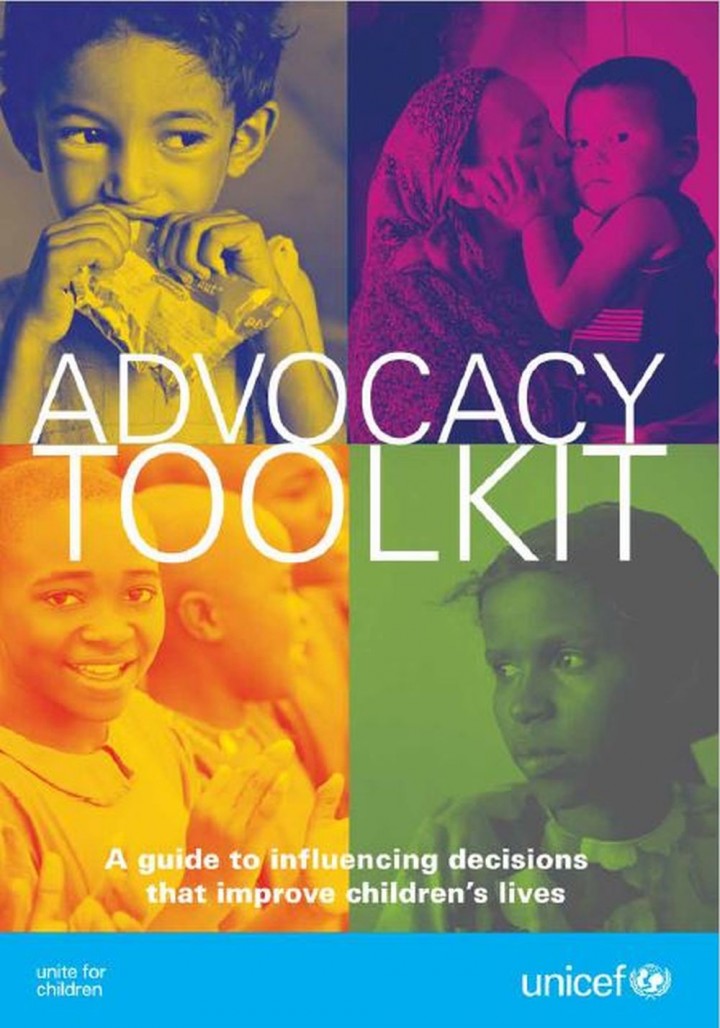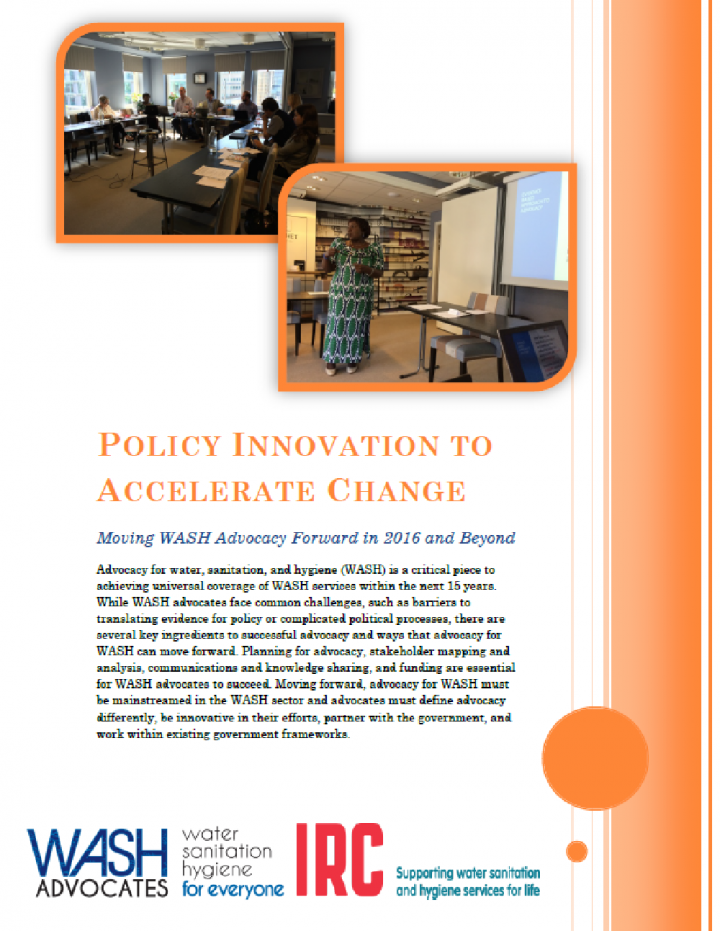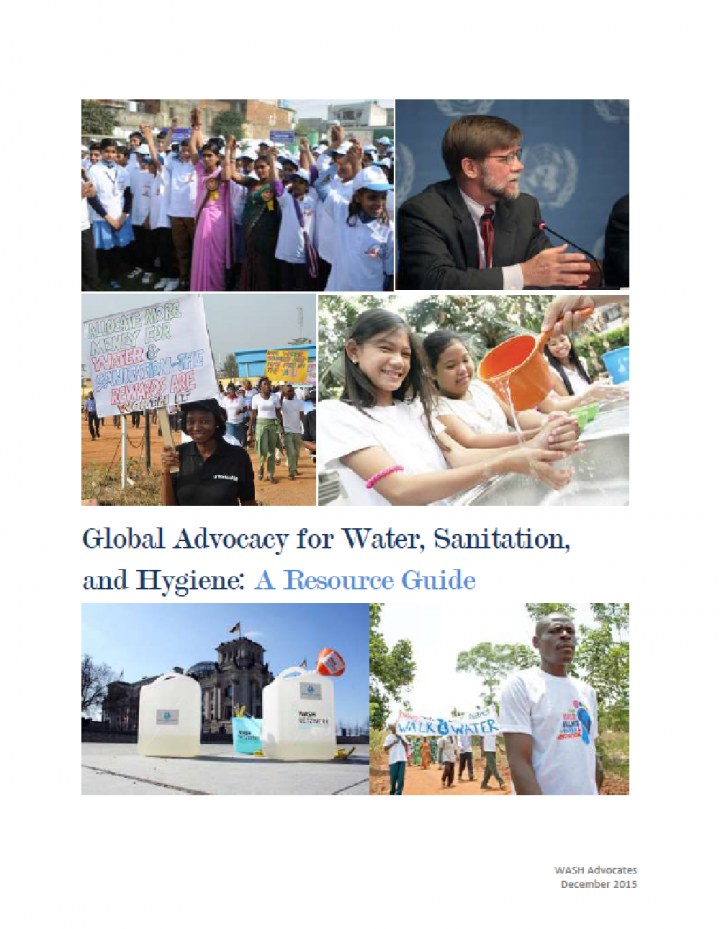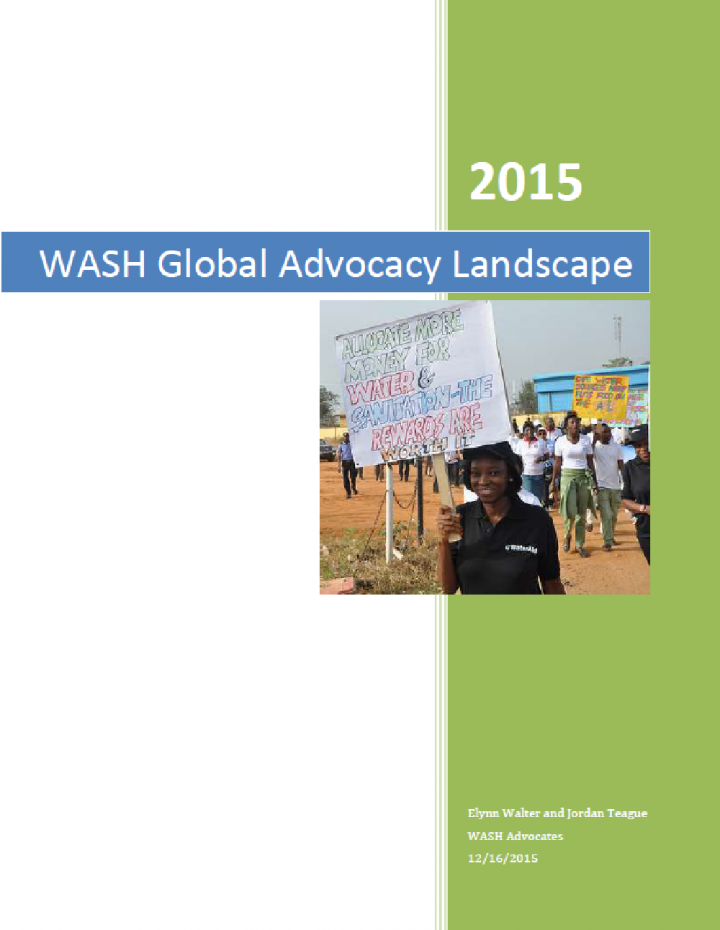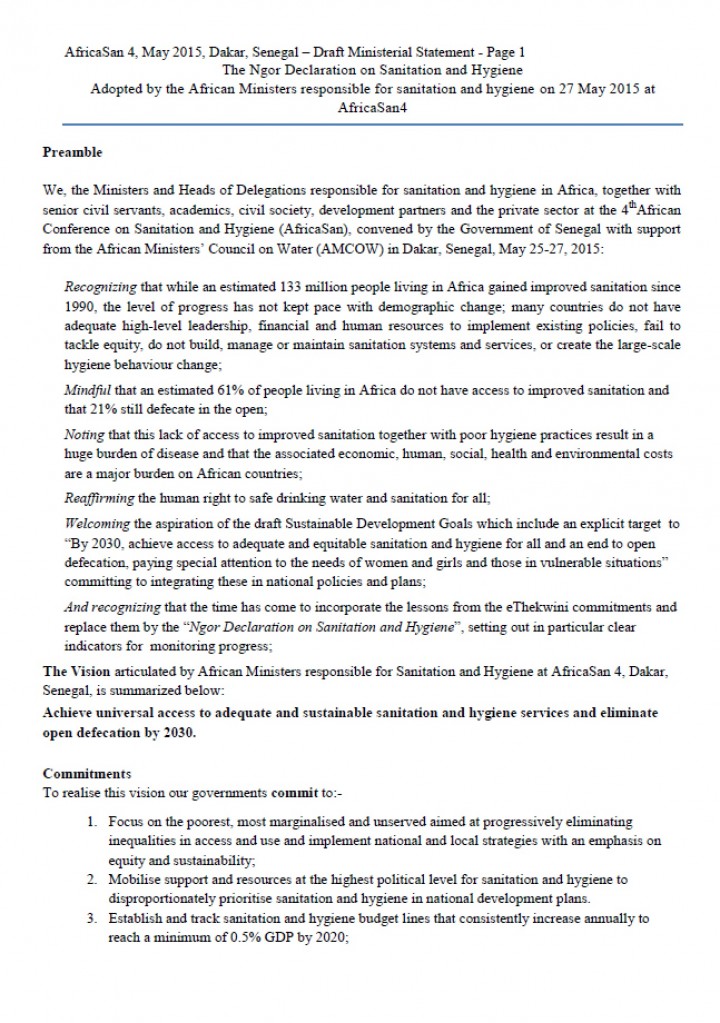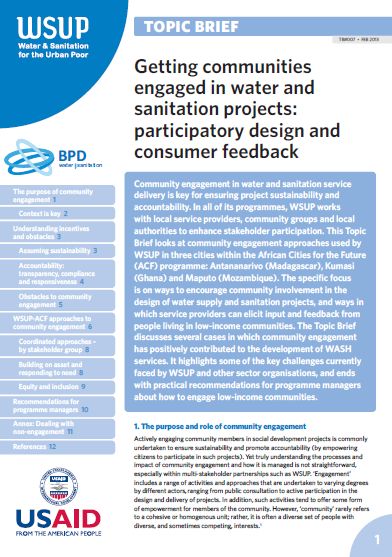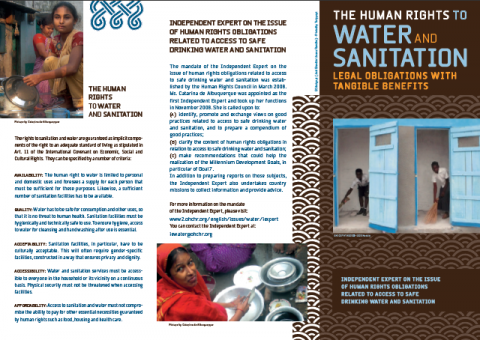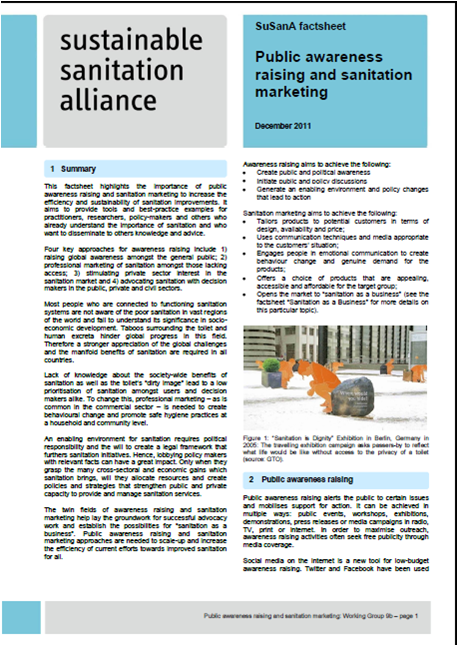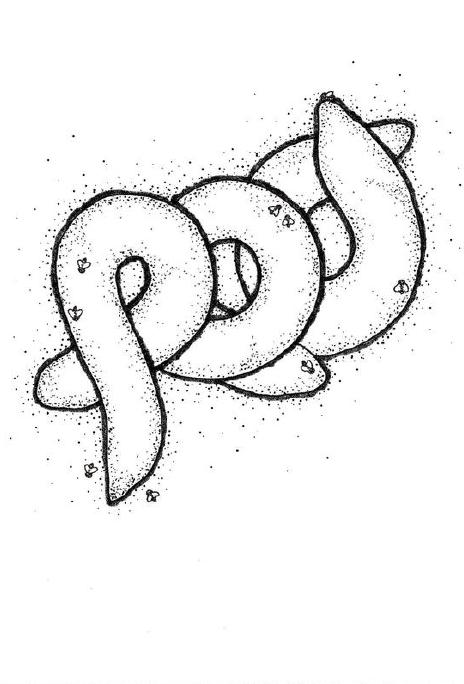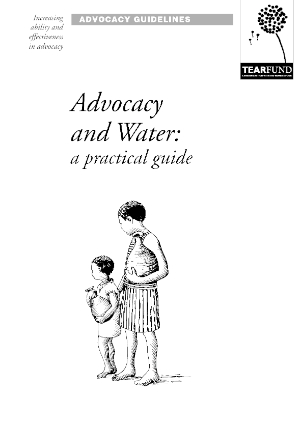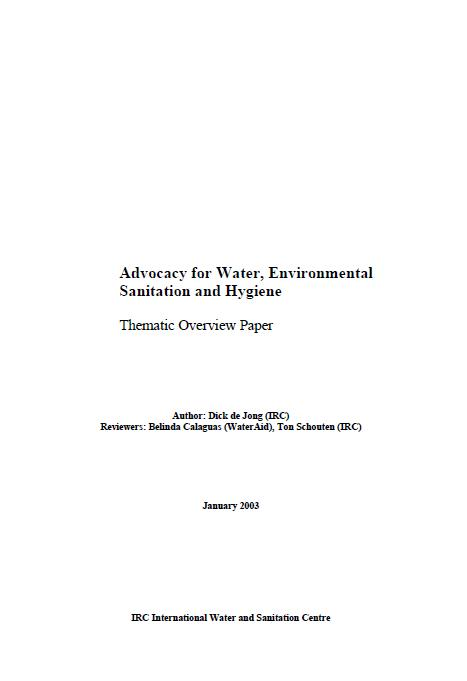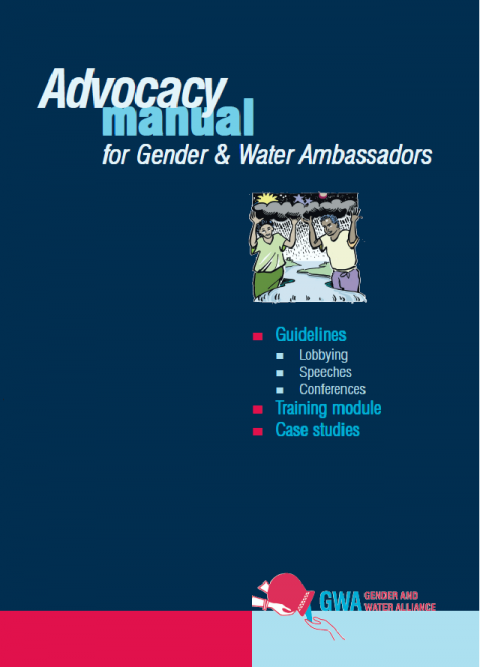Searching for information on Sanitation Workers?
The Sanitation Workers Knowledge + Learning Hub is the best source for all current news, trends, articles and updates on sanitation workers rights around the world.
Sanitation workers encounter significant challenges that jeopardize their dignity and health, crucial for achieving Sustainable Development Goals (SDGs). Despite their vital role, many governments in low- and middle-income countries neglect support for this workforce due to insufficient understanding of their needs and obstacles.
The paper explores challenges faced by sanitation workers in …
MHH contributes to gender equality, better education and employment, and the realization of sexual and reproductive health and rights. In this session progress and success stories of MHH globally and within the German Development Cooperation were presented and opportunities for sustaining and scaling the momentum were discussed.
The menstrual movement has made progress in the recent years, …
Universal access to adequate sanitation is one of the under-appreciated achievements of many societies – and unfortunately remains a distant dream for millions. Even in countries where there is no home without a toilet, public institutions tend to have facilities that are part of the unseen fabric of civilisation. Familiar signs guide the way to public conveniences that are usually open to …
The WHO/UNICEF JMP has published its first report of the SDG period, Progress on drinking water, sanitation and hygiene: 2017 update and SDG baselines. The report introduces and defines the new indicators of safely managed drinking water and sanitation services. Estimates of safely managed drinking water services, the indicator for SDG target 6.1, are presented for 96 countries, while estimates …
This report, conducted by SHARE and WaterAid, highlights why water, sanitation and hygiene are essential for nutrition. Through an analysis of national nutrition plans and policies in 13 countries, the research highlights the extent to which WASH is embedded at policy level and where and how improvements must be made.
Countries have much work to do to achieve the UN Sustainable Development Goals by 2030. But development projects don’t always go the way you expect. A resettlement project in Laos recently provided taps and toilets as a way to improve hygiene and health outcomes for communities. But on revisiting the resettled village, the project team was dismayed to find that the new brick toilet facilities …
A product of six years of work, the goal of the handbook is to explain the meaning and legal obligations of these rights and to translate complex technical and legal language into accessible information. Designed for a broad audiences in the Global South and North, the information should be useful to civil society sanitation advocates, human right organizations, national and local offcials, …
This document brief aims to give the context of the development of the Sustainable Development Goals (SDG) and highlights the issues of water and sanitation in the SDGs. This should allow WASH actors to better link their actions to the implementation of the SDGs and easily find the key documents of the 2030 Agenda.
This document UN-Water provides a summary on discrimination and inequality in the field of water and sanitation: it explains the concept of discrimination, details the human rights in regarding equity in the WASH sector and presents the course of action towards the elimination of discrimination and inequality.
The purpose of the Public Toilet Advocacy Toolkit is to strengthen the capacity of citizen advocates and City officials to provide and maintain great public toilets that make communities livable, respect human dignity and promote health and well-being. PHLUSH regularly responds to requests from communities throughout North America seeking to increase toilet availability. These seventeen tools are …
UNICEF has an exceptional history of advocating to protect and promote children’s and women’s rights. The Advocacy Toolkit stems from this, systematizing and coordinating both internal and external advocacy expertise, as well developing a few innovative approaches. The Toolkit provides a set of practical tools to help UNICEF staff and Partners in the development and management of their …
A group of 17 WASH advocates representing nine countries gathered in Stockholm, Sweden, and online on August 21, 2015, for a day of knowledge sharing and discussions on advocacy for WASH in developing countries. The day included case studies, open discussions, and presentations on current and emerging practices.
This report explores the common themes that emerged from the meeting. The group …
This resource guide provides recent reports, manuals, strategies, examples of advocacy efforts, and other resources that cover WASH and global advocacy along with relevant organizations in the WASH advocacy field. This guide can serve as a tool for professionals, implementers, and advocates looking to pursue and promote WASH advocacy efforts.
This landscape intends to provide a 10-year lookback at the progression of advocacy for WASH; a current snapshot of WASH advocacy globally including gaps and areas of opportunity; and recommendations for WASH Advocacy in 2016 and beyond. The landscape intends to demonstrate the incredible work and accomplishments of the diverse actors in the WASH advocacy space. This document does not cover all …
À la quatrième Conférence régionale sur l'hygiène et l'assainissement en Afrique (Africasan4) tenue du 25 au 27 mai 2015 à Dakar et organisée par le gouvernement du Sénégal avec l’appui du conseil des ministres africains de l’eau et l’assainissement (AMCOW), ministres et chefs de délégation, en charge de l'hygiène et de l’assainissement de l’Afrique, ainsi que les hauts …

